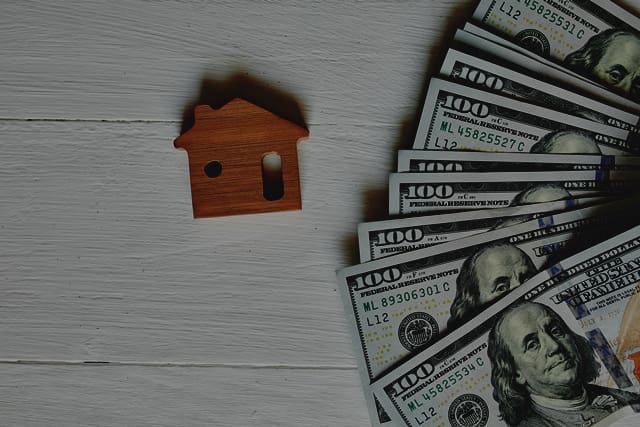Home equity is a crucial yet often misunderstood concept in the world of real estate. For first-time buyers, understanding home equity can open doors to smart financial decisions and future opportunities. Essentially, home equity represents the portion of your home that you truly own, free from any mortgage obligations. It can be a powerful financial tool, providing leverage for loans or a nest egg for future investments. In this guide, we’ll explore the basics of home equity, how it’s built, and its benefits for first-time homebuyers.
What is Home Equity?
Home equity is the difference between your home’s market value and the outstanding balance on your mortgage. As you make mortgage payments, your equity increases. For example, if your home is worth $300,000 and you owe $200,000 on your mortgage, your home equity is $100,000. This equity can be used for various purposes, such as home improvements, education, or even purchasing another property. Understanding how to calculate and monitor your home equity is essential for making informed financial decisions.
How to Build Home Equity
Building home equity starts with making consistent mortgage payments, but there are other ways to accelerate the process. Making extra payments towards your principal can significantly increase your equity over time. Additionally, home improvements that increase your property’s value can boost your equity. It’s also beneficial to keep an eye on the real estate market; in a rising market, your home’s value may increase, thereby increasing your equity without any additional effort on your part. By strategically managing your mortgage and property value, you can maximize your home equity.

Benefits of Home Equity for First-Time Buyers
For first-time buyers, home equity can provide several financial benefits. One of the most significant advantages is the ability to borrow against your equity at typically lower interest rates compared to other types of loans. This can be useful for funding large expenses like home renovations or education. Home equity also serves as a financial cushion in times of economic uncertainty. Furthermore, increasing your home equity can improve your overall financial stability and creditworthiness, making future borrowing easier and more affordable.
Using Home Equity Wisely
While home equity can be a valuable resource, it’s important to use it wisely. Taking out a home equity loan or line of credit (HELOC) requires careful consideration and planning. These loans should be used for investments that will potentially increase your home’s value or improve your financial situation. Avoid using home equity for non-essential purchases or high-risk investments, as this can jeopardize your financial security. By leveraging home equity responsibly, first-time buyers can enhance their financial portfolio and achieve long-term goals.
#HomeEquity #FirstTimeBuyers #RealEstate #MortgageTips #FinancialStability #HomeImprovements #HELOC
